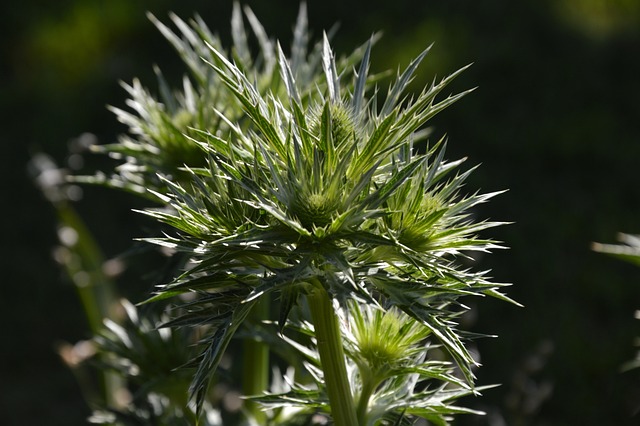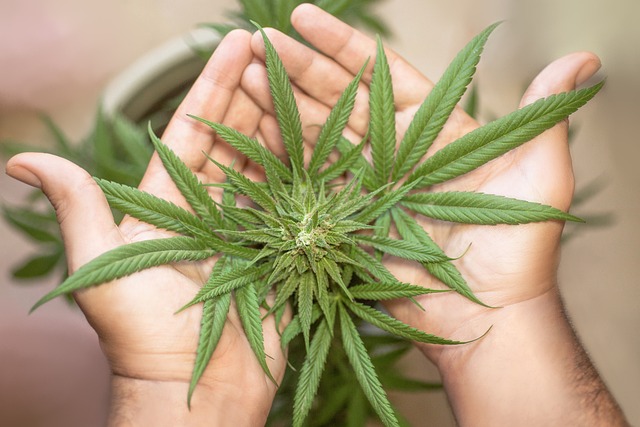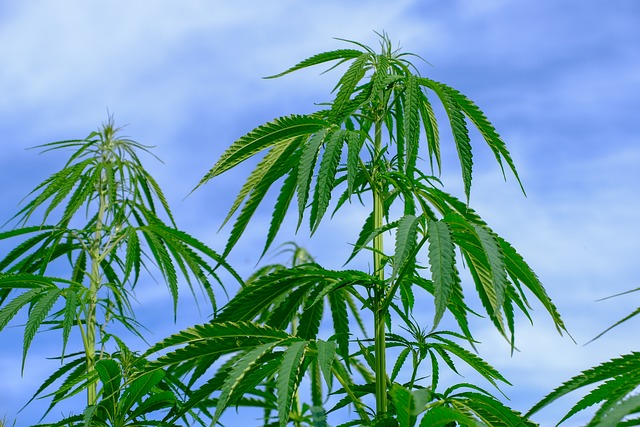
🌿 THCA buds, a natural component from the Cannabis sativa plant, are recognized for their stress-relieving properties without inducing a psychoactive 'high.' Emerging science indicates that THCA interacts with the endocannabinoid system to promote relaxation and potentially alleviate stress-related conditions such as anxiety and tension. Its anti-inflammatory effects may also benefit those with multiple sclerosis or arthritis by modulating immune responses. Preliminary research suggests THCA could have neuroprotective benefits, potentially slowing the progression of neurodegenerative diseases by supporting neuron health. THCA buds are appealing due to their non-intoxicating nature, making them suitable for daytime use or situations where maintaining cognitive function is essential. As research continues, the evidence for THCA's therapeutic potential in stress management and other conditions grows, positioning it as a significant natural alternative in therapeutic interventions.
Cannabinoids have long captured scientific interest due to their diverse effects on human health. Among these, tetrahydrocannabinolic acid (THCA) found in raw cannabis plants, particularly THCA buds, has garnered attention for its potential therapeutic benefits, notably in stress relief and anxiety management. This article delves into the multifaceted nature of THCA buds, exploring their chemical properties, therapeutic potential, and the role they play within the endocannabinoid system. While THCA is non-psychoactive, it’s crucial to understand its side effects and safety profile to maximize wellness benefits. We will navigate through the entourage effect, individual response variations, and legal considerations, ensuring readers are well-equipped with knowledge on storing THCA buds for maintained potency. This comprehensive guide also includes expert insights, comparative analyses with THC, and practical advice for incorporating THCA into a stress relief routine safely. Join us as we unravel the science and applications of THCA buds for stress relief, ensuring an informed approach to their use in the context of overall well-being.
- Exploring the Therapeutic Potential of THCA Buds
- Understanding the Chemical Structure and Properties of THCA
Exploring the Therapeutic Potential of THCA Buds

THCA, or tetrahydrocannabinolic acid, is a naturally occurring compound found in the Cannabis sativa plant that has garnered attention for its potential therapeutic properties. Unlike its well-known derivative THC, THCA is non-psychoactive, making it an appealing option for individuals seeking the health benefits of cannabis without the high. THCA buds, rich in this particular cannabinoid, are being explored for their stress-relieving effects. Preliminary research suggests that THCA may interact with the body’s endocannabinoid system, influencing various physiological processes and contributing to a state of calmness and relaxation. This interaction could potentially modulate mood and alleviate symptoms associated with stress, such as anxiety and tension, without altering one’s cognitive state.
Furthermore, the therapeutic potential of THCA buds extends beyond stress relief. Studies have indicated that THCA may possess anti-inflammatory and neuroprotective properties, which could be beneficial for conditions like multiple sclerosis and arthritis. Its anti-inflammatory effects are thought to stem from its ability to inhibit certain immune responses, potentially reducing the body’s inflammatory response. Additionally, there is preliminary evidence to suggest that THCA may offer neuroprotective benefits by promoting the health of neurons and potentially slowing the progression of neurodegenerative diseases. As research continues, the full spectrum of THCA buds’ effects becomes clearer, offering promising avenues for natural stress relief and therapeutic intervention.
Understanding the Chemical Structure and Properties of THCA

Delta-9-tetrahydrocannabinolic acid (THCA) is a naturally occurring cannabinoid found in the resin of Cannabis plants, which can be decarboxylated to produce THC, the primary psychoactive component of cannabis. THCA exists in raw cannabis or cannabis that has not been heated above 210 degrees Fahrenheit. This cannabinoid exhibits a distinct chemical structure characterized by a pentacyclic ring system with an acidic functional group, giving it unique properties. The presence of this carboxyl group (-COOH) at the ninth carbon atom differentiates THCA from its psychoactive counterpart, THC. This structural difference means that THCA does not bind effectively to cannabinoid receptors CB1 and CB2 in the body, thus not producing psychoactive effects when consumed in its raw form.
Research suggests that THCA may possess various therapeutic benefits, including anti-inflammatory and analgesic properties, without the mind-altering impact of THC. This has led to an increasing interest in THCA buds as a natural remedy for stress relief. The potential of THCA to modulate the body’s endocannabinoid system without intoxication makes it a subject of ongoing scientific investigation. Its interaction with other molecular targets may offer a range of health benefits, and its absence of psychoactive effects allows users to harness its potential during daytime hours or in situations where cognitive function must be preserved. As such, THCA buds are being explored for their potential role in managing stress-related conditions without impairment.
THCA flower, a non-psychoactive compound found in cannabis, has garnered attention for its potential therapeutic benefits, particularly in stress relief. This article has delved into the chemical structure and properties of THCA, elucidating its interaction with the body’s endocannabinoid system. While the therapeutic potential of THCA buds is promising, it is crucial to approach their use with caution, as individual responses may vary. Users should be aware of any side effects, which, while rare, can include gastrointestinal discomfort or altered mood. As research continues, the role of THCA in holistic health practices, especially for stress management, remains an area of active exploration. Prudent use and further scientific investigation are key to understanding how THCA buds can be integrated into health and wellness regimens safely and effectively.






